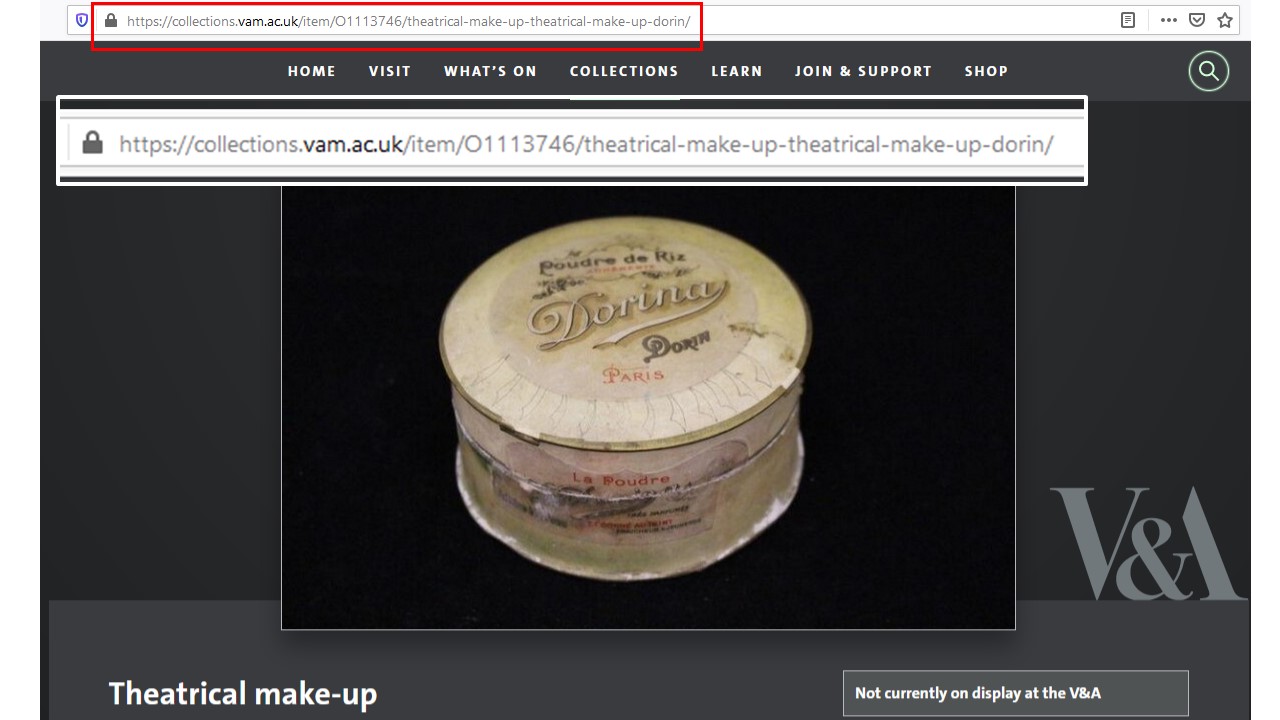Explanation
Your organisation assigns identifiers which are expressed as links and which can be resolved on collections websites.
- Identifiers have a potentially globally unique and/or machine readable format which could be expressed via an internal or external URI namespace, a DOI prefix or other mechanism
- Many accession numbers can be translated into a machine readable format as long as they do not contain characters which impede machine readability or can be transformed into a readable format
- Metadata does not have to be available under an open license
- There is no explicit commitment to persistence from the organisation
- There is no requirement for a specific identifier domain
Potential Benefits
- Can be used internally across systems
- Can be used to track contents and location of the entire collection
- Can be used in internal reporting across systems
Dependencies
Persistence of the identifier depends on your own organisation's ability to manage your local web pages, so if you change the web site all existing identifiers will still resolve. An explicit commitment to persistence, described in Identifiers as links with locally managed persistence, can help ensure this.
Builds on
Baseline collection management system required.
Feedback
We value your feedback on this resource. Any suggestions on the content or additional examples would be welcome.
To submit feedback, you can raise an issue via Github (requires an account).
Example
The Victoria and Albert Museum's Collections site uses the database identifier from their collection management system to create a URL with the title of the resource and its creator. The Victoria and Albert Museum have persisted the URLs they use to access the collection when creating this new collections site but there is no specific commitment by the institution to do so.
 Screenshot example from the V&A's collection site with URL highlighted.
Screenshot example from the V&A's collection site with URL highlighted.